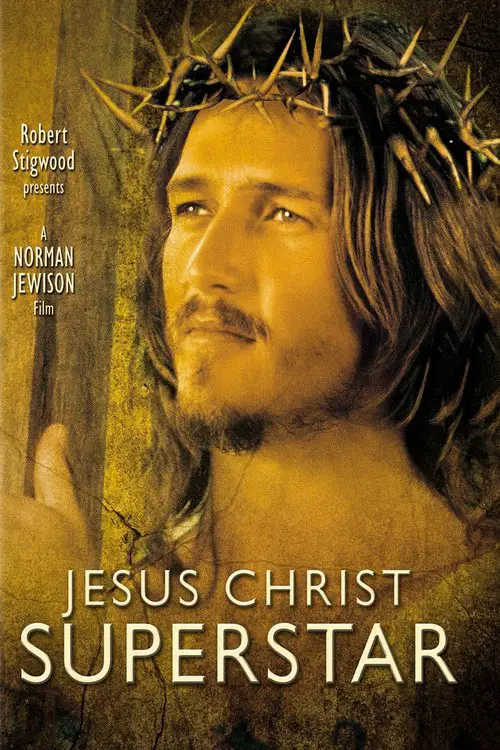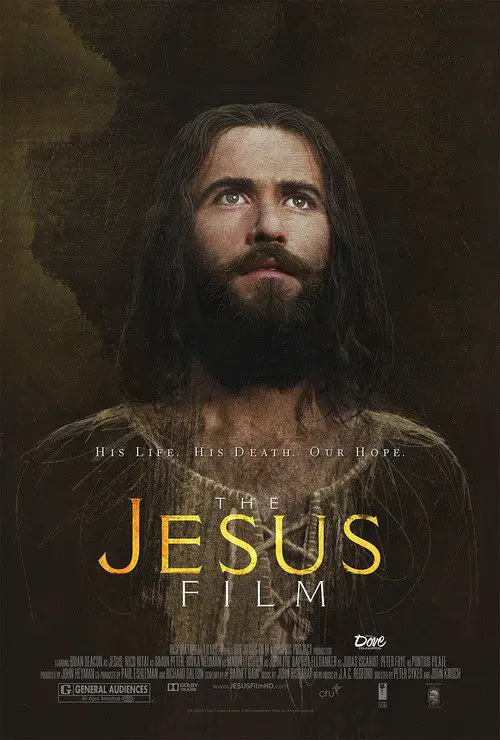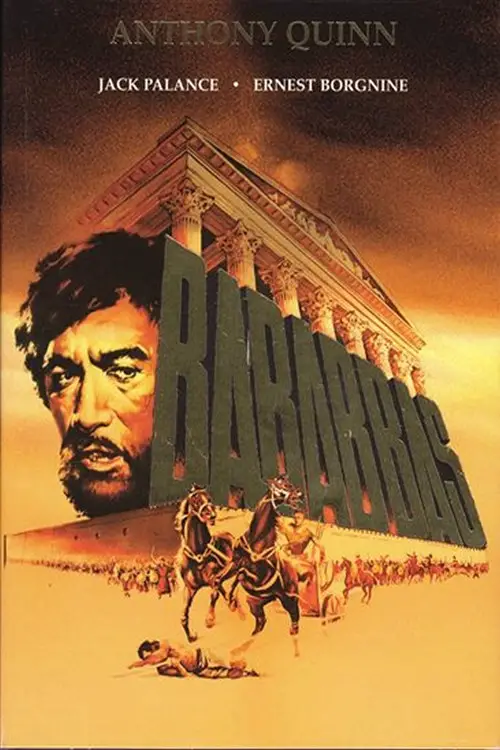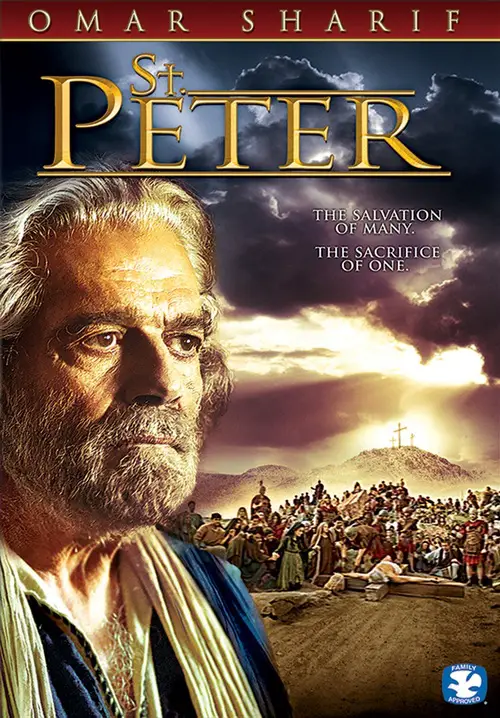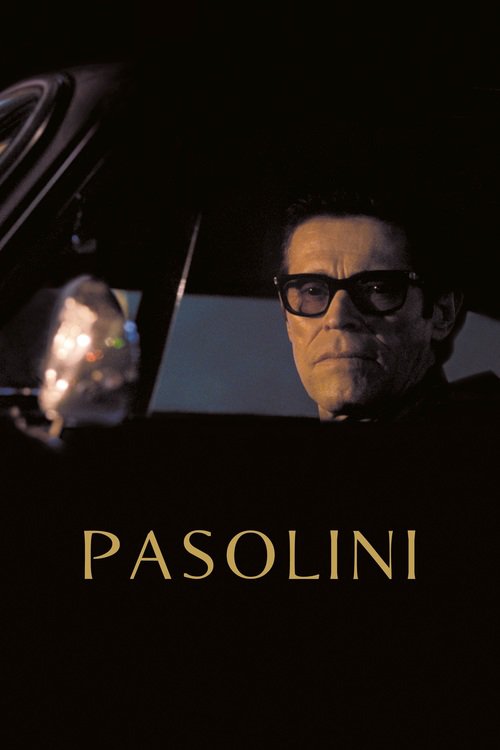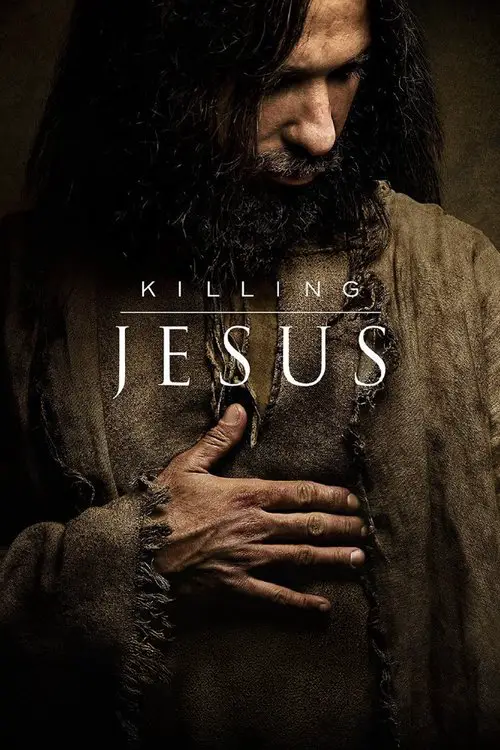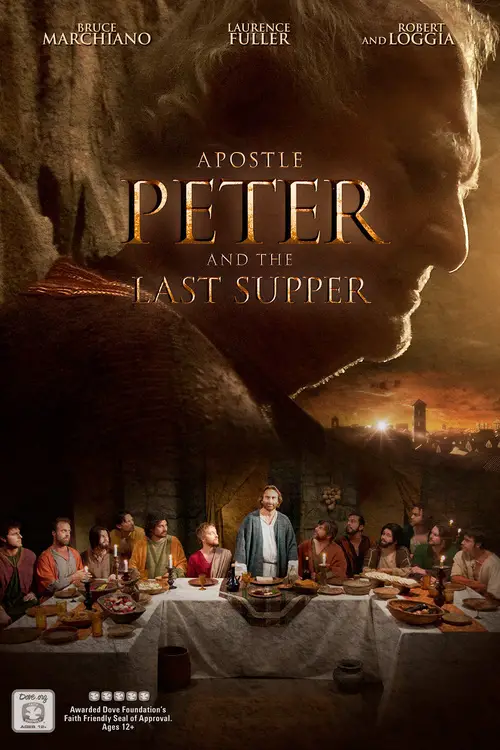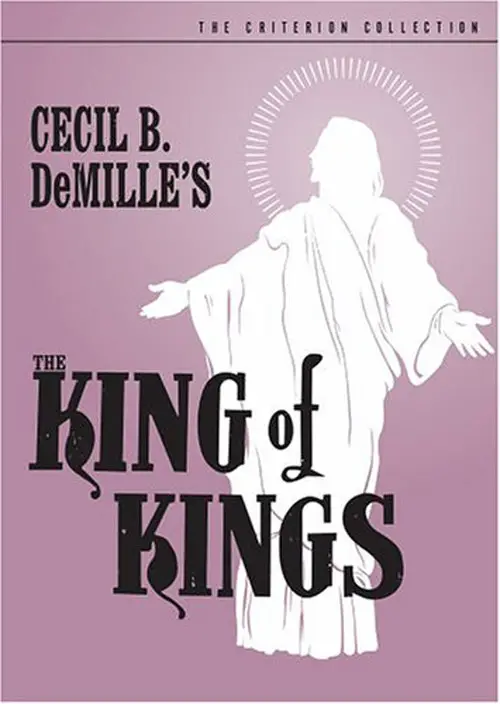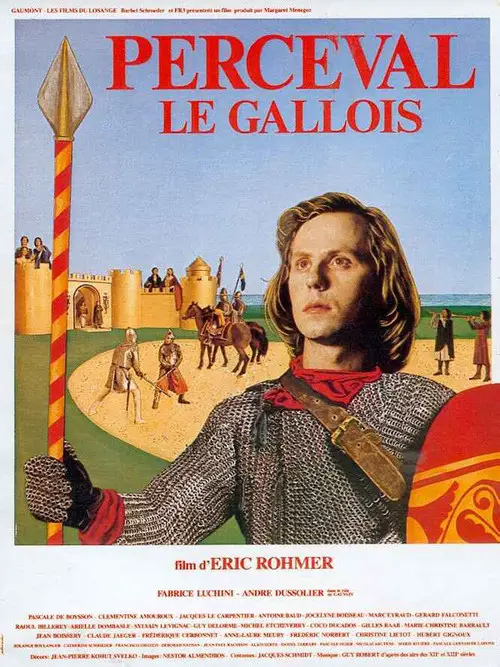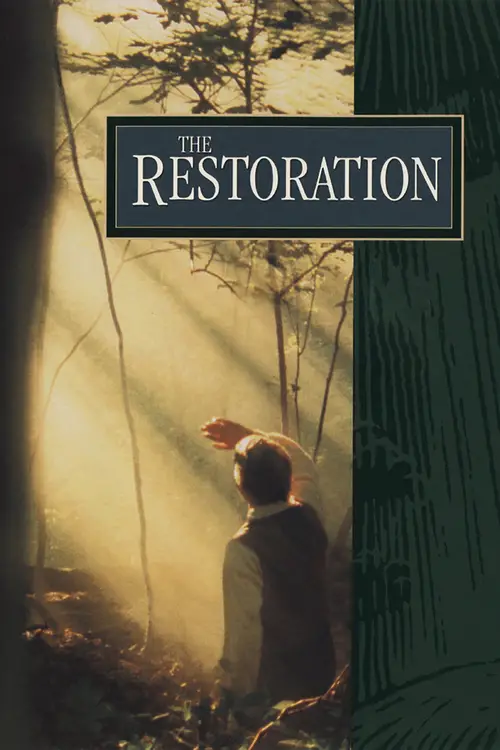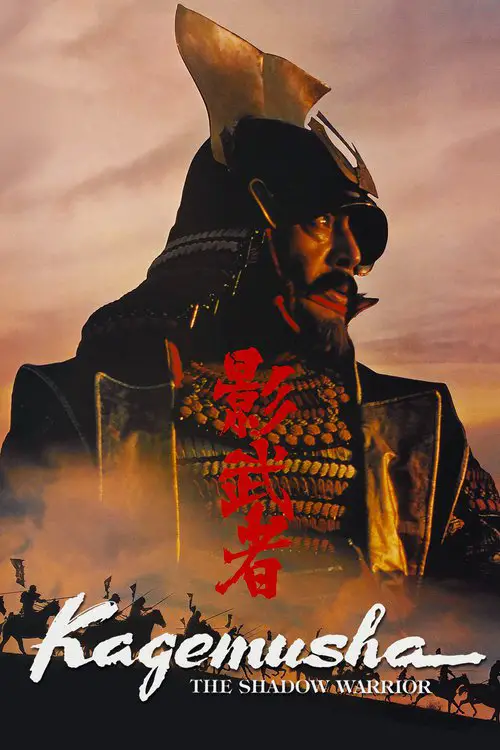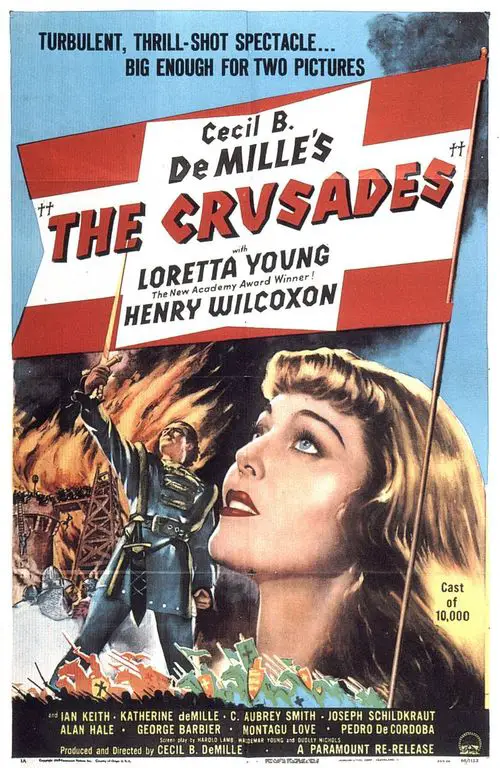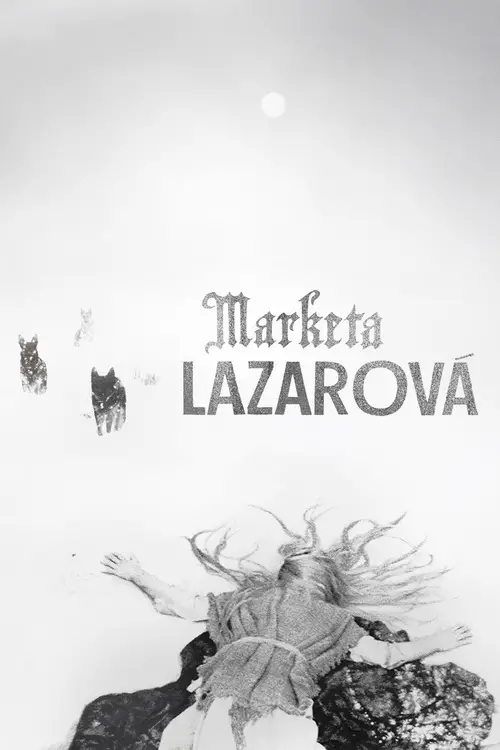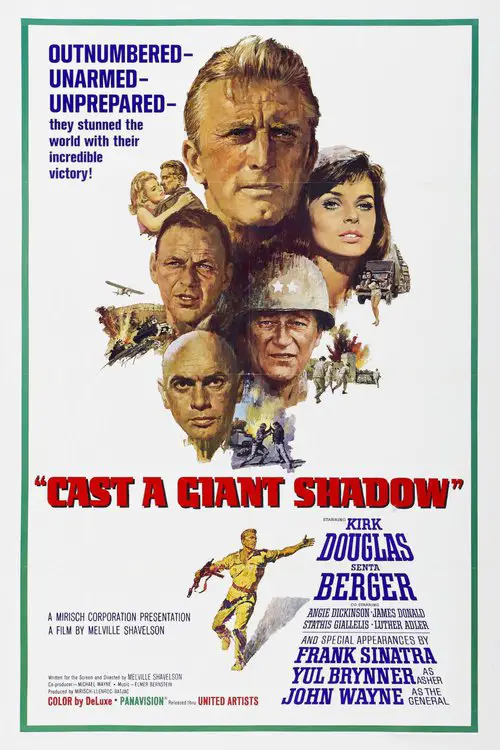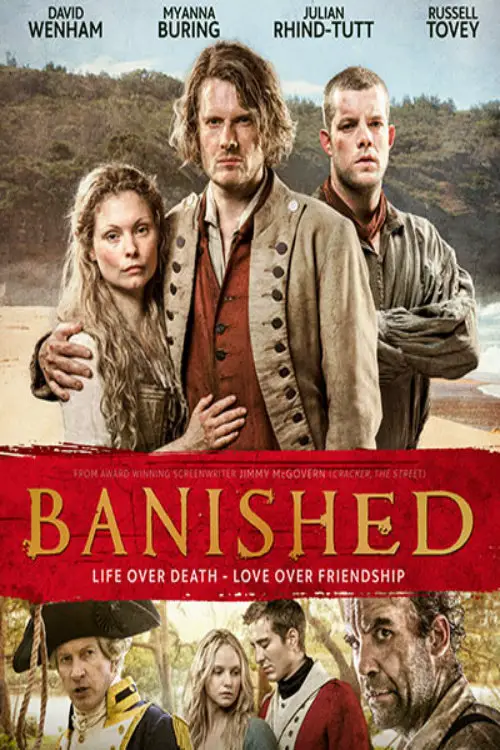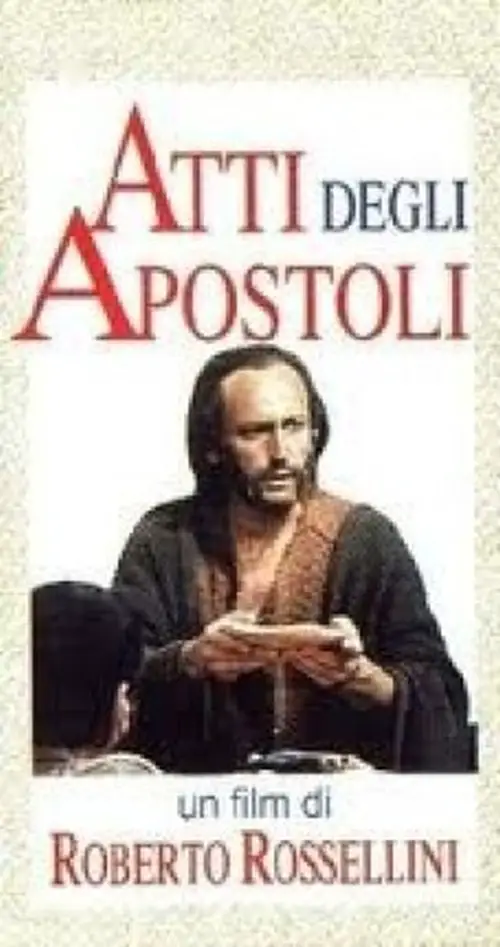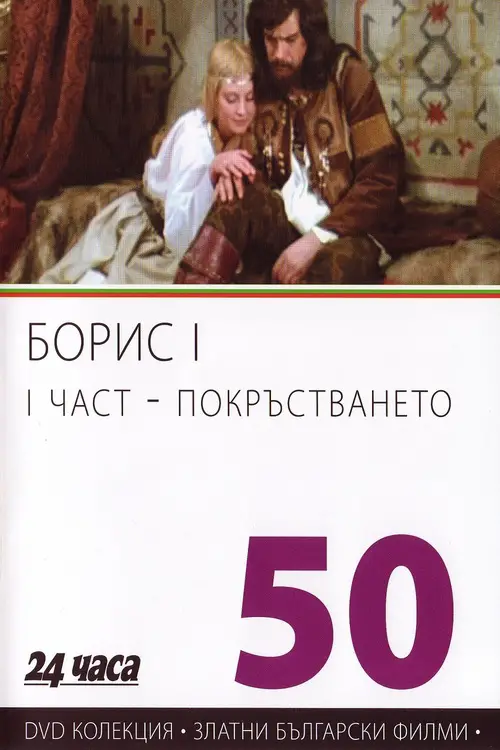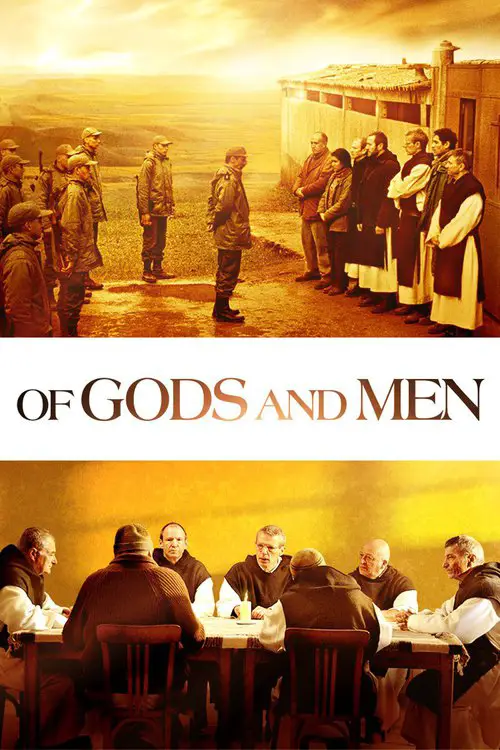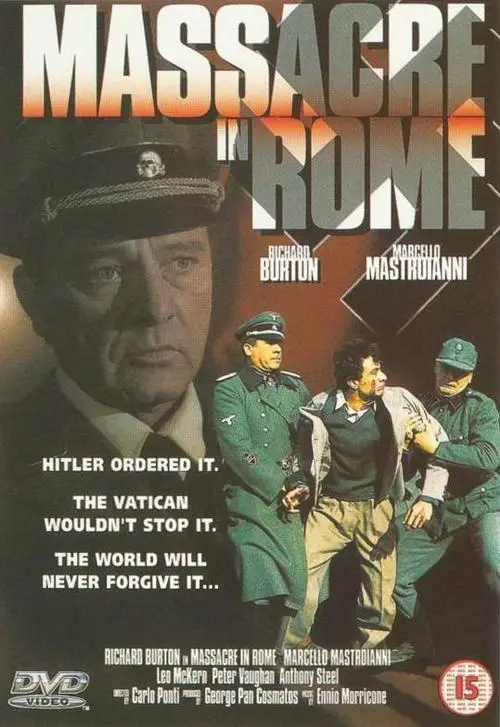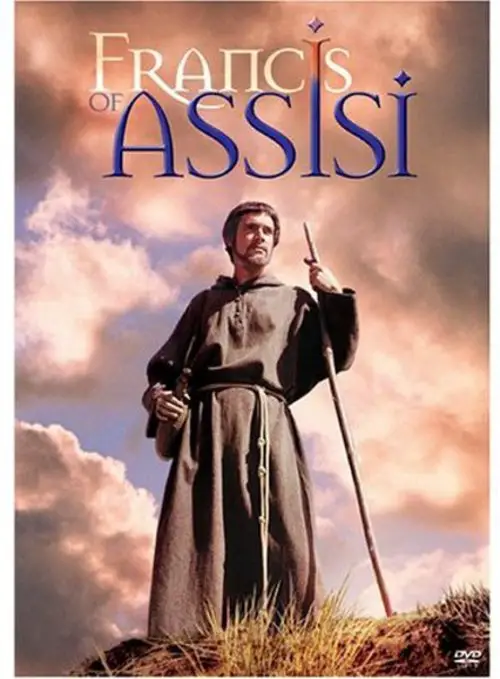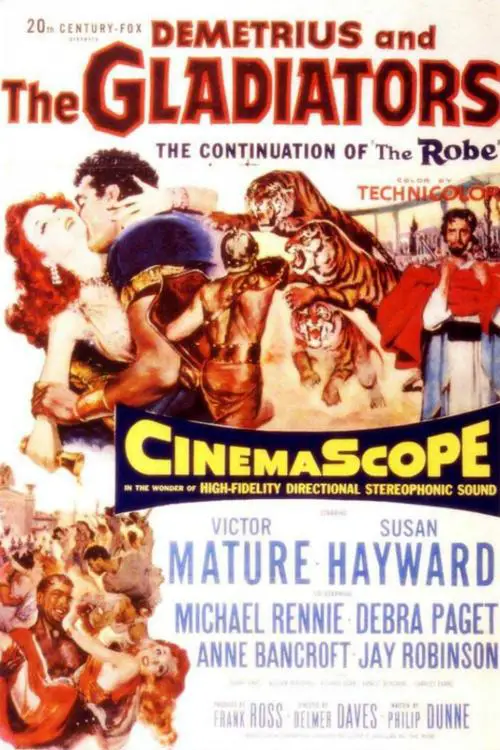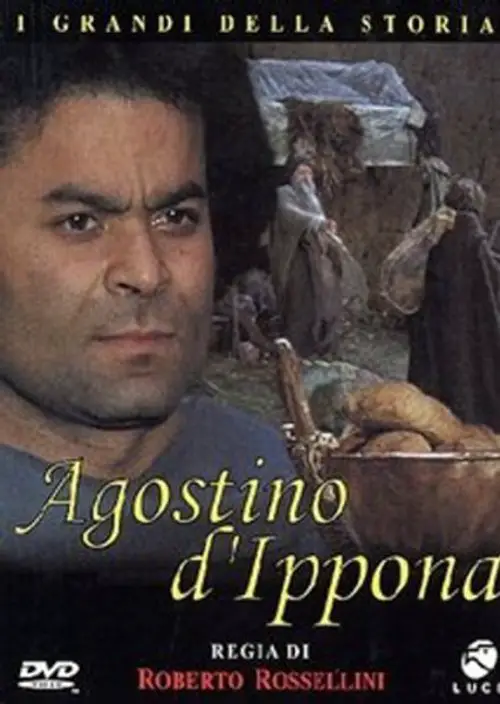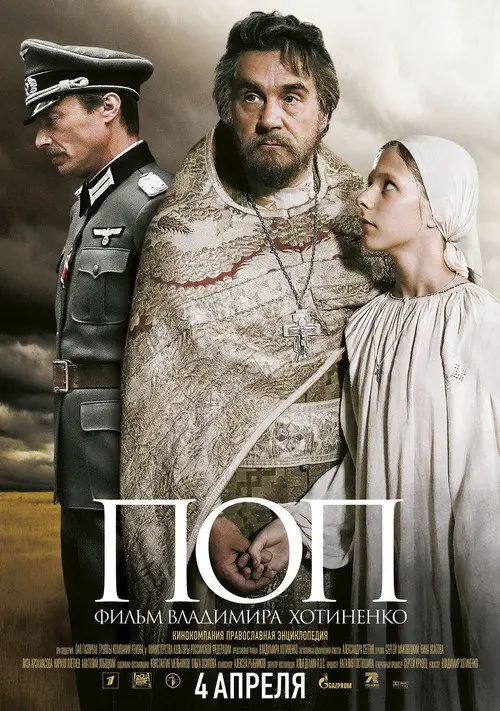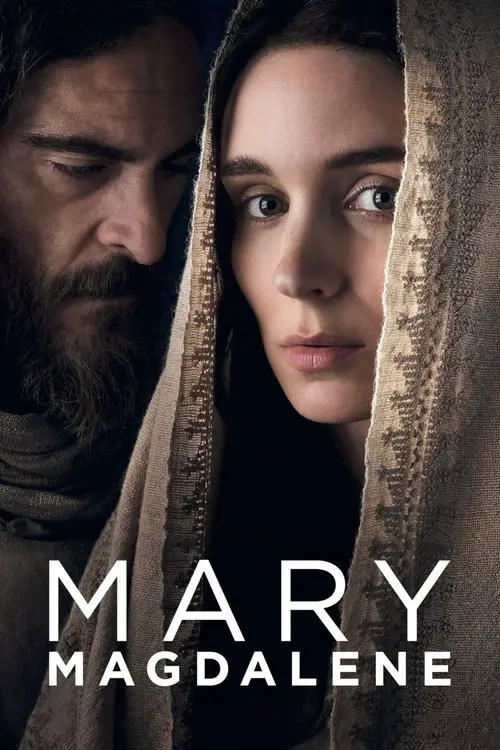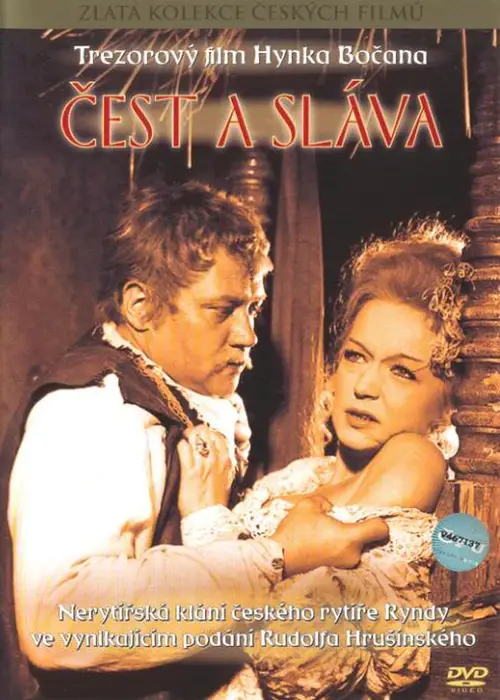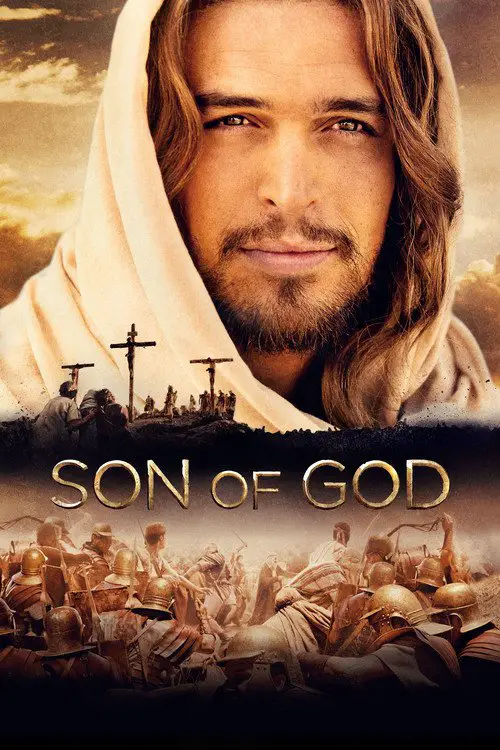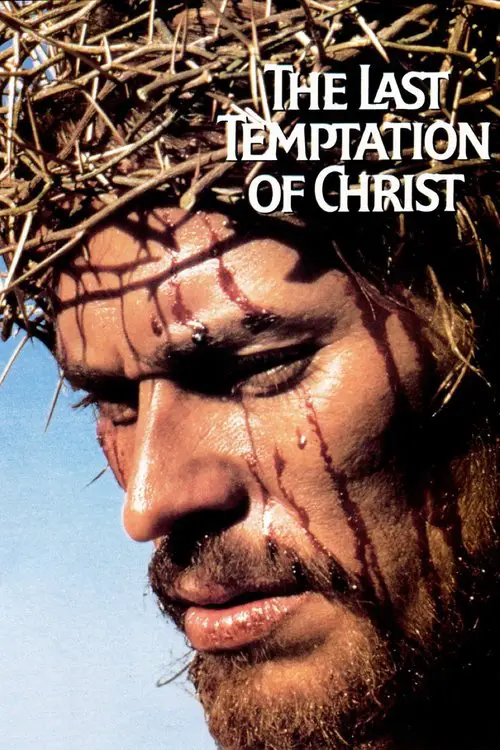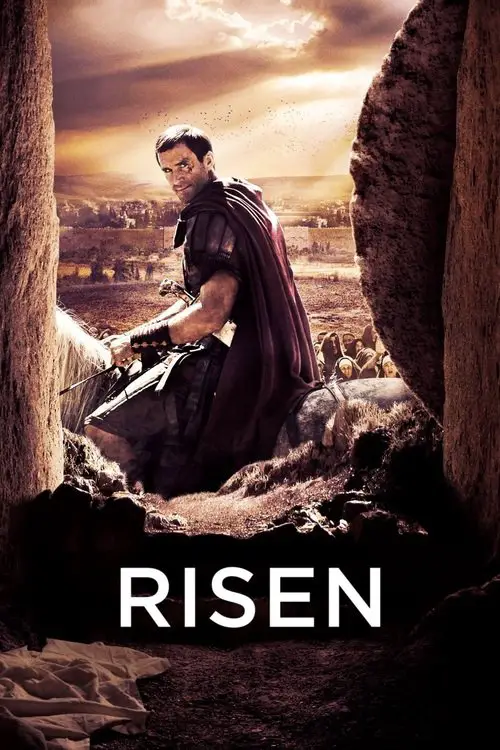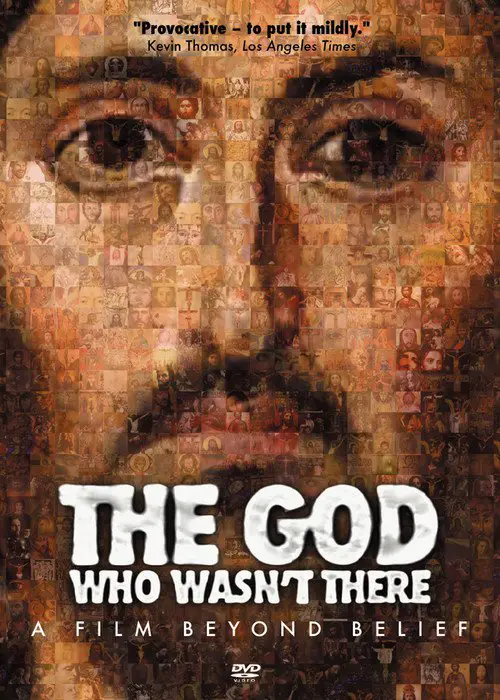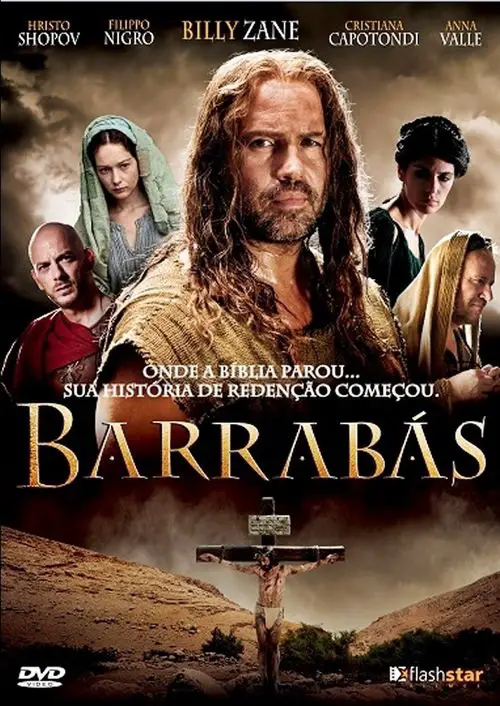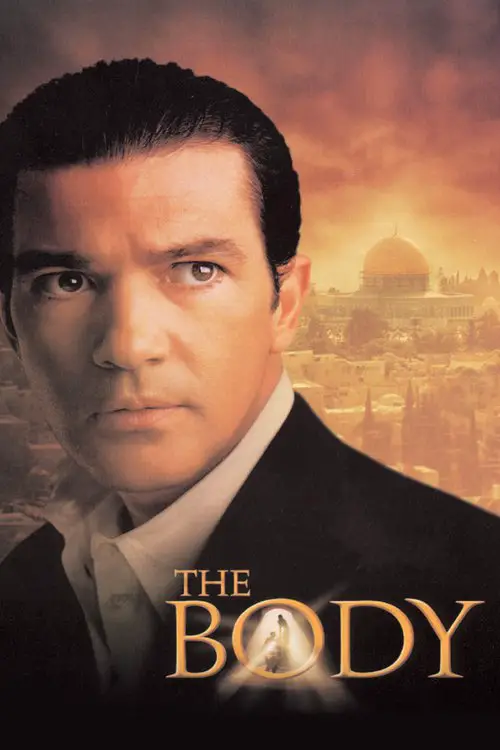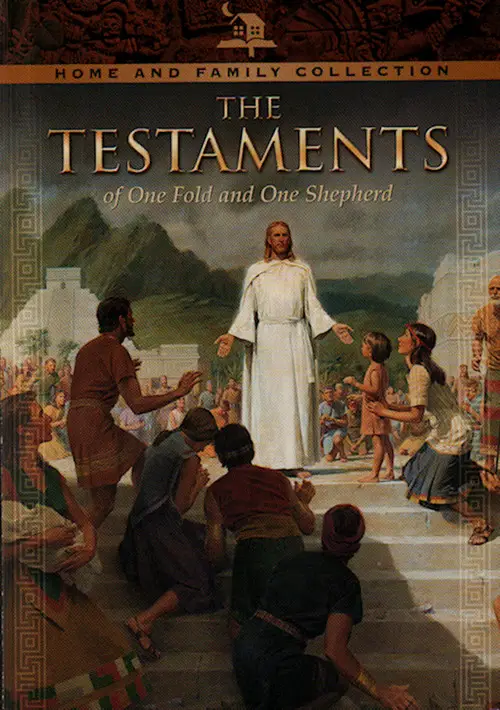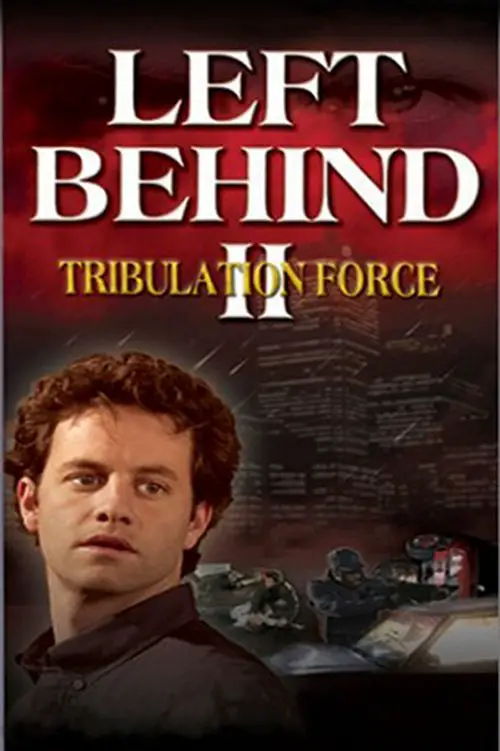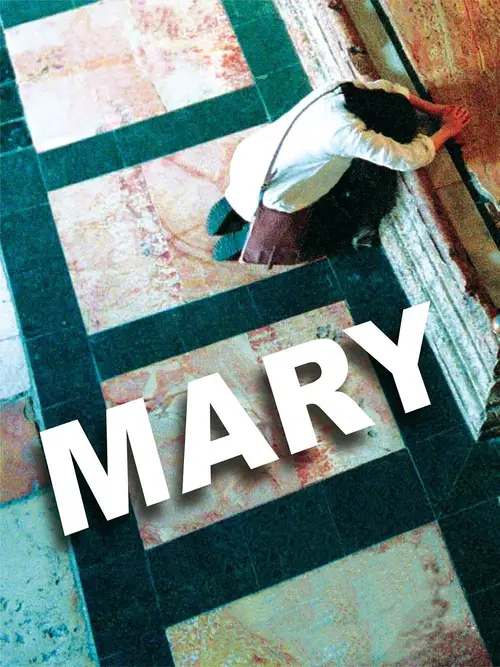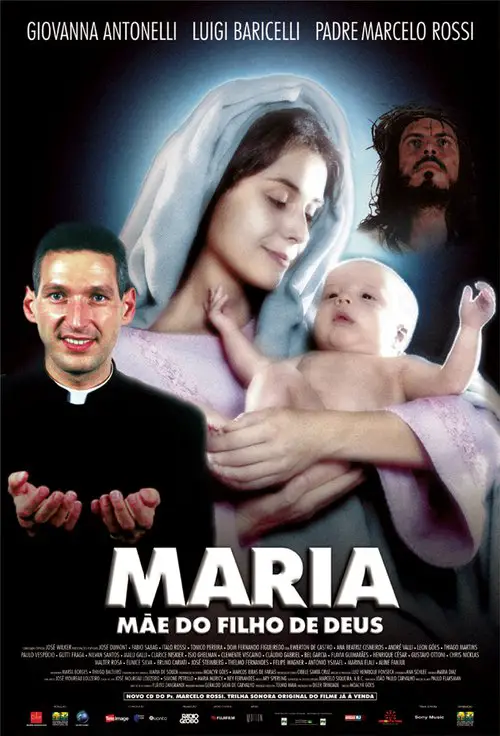The Messiah (1975)
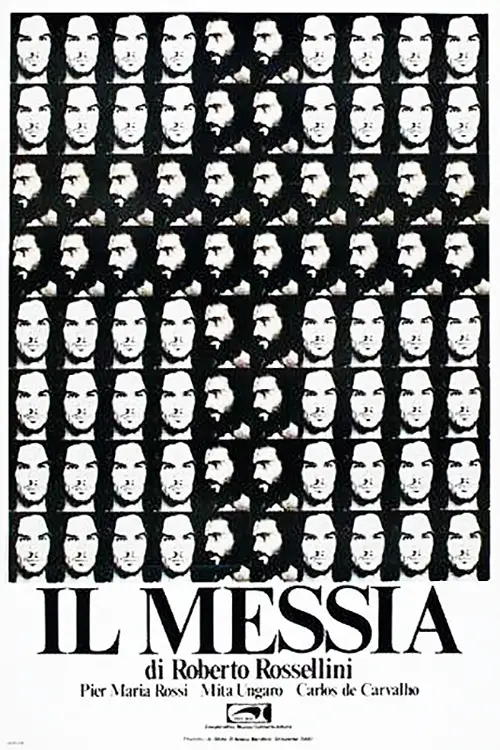
Similar movies
This classic film portrays 3½ years of Jesus' ministry as told in the Gospel of Luke from the Good News and King James translations of the Bible. Producer John Heyman created a film so true-to-life, you will feel like you are in first-century Palestine. Everything from clothing, to customs, to food of the country during that time period was studied to ensure authenticity. With a cast of more than 5,000 Israelis and Arabs, "JESUS" was filmed on location in Israel.Own or share the gift of this wonderful story, still as clear, precise, and relevant as it was 2,000 years ago. The film concludes with an opportunity to trust Christ as Savior and Lord.
Mary and Joseph make the hard journey to Bethlehem for a blessed event in this retelling of the Nativity story. This meticulously researched and visually lush adaptation of the biblical tale follows the pair on their arduous path to their arrival in a small village, where they find shelter in a quiet manger and Jesus is born.
Epic account of the thief Barabbas, who was spared crucifixion when Pilate manipulated the crowd into pardoning him, rather than Jesus. Struggling with his spirituality, Barabbas goes through many ordeals leading him to the gladiatorial arena, where he tries to win his freedom and confront his inner demons, ultimately becoming a follower of the man who was crucified in his place.
Passion, beauty, and brilliant storytelling are all on display in this six-hour-plus epic from Italian director Franco Zeffirelli. Robert Powell is superb in the title role, and with the overwhelming success of this TV movie throughout the world, has perhaps become what Jesus looks like in many people's minds. The story begins with the arrangements of the wedding between Joseph and Mary, and chronicles the nativity, the encounter with John the Baptist (a ferocious Michael York) and everything up to the crucifixion and resurrection.
Ben-Hur is a 1959 epic film directed by William Wyler, the third film version of Lew Wallace's 1880 novel Ben-Hur: A Tale of the Christ. It premiered at Loew's State Theatre in New York City on November 18, 1959. The film went on to win a record of eleven Academy Awards, including Best Picture, a feat equaled only by Titanic in 1998 and The Lord of the Rings: The Return of the King in 2004. It was also the last film to win the Oscar for both Best Actor and Best Supporting Actor, until nearly 44 years later when Mystic River achieved the same feat.The movie revolves around a Jewish prince who is betrayed and sent into slavery by a Roman friend and how he regains his freedom and comes back for revenge.
Saint Peter, a reluctant but passionate leader, from the crucifixion of Jesus to his own. The film's first half dramatizes the New Testament's "Acts": early fear, the renewal of Pentecost, Saul's conversion, the decision to baptize pagans, and the Apostles' dispersal. In the second half, an aged Peter goes to Rome to join Paul, arriving on the day of Paul's arrest. Paul's death brings a crisis to Rome's Christians and to Peter; lessons from Jesus's teachings guide his decision to stay. Events within the fictive household of Persius, a Roman aristocrat, capture the upheaval that Christian teachings bring to the Eternal City.
We are with Pasolini during the last hours of his life, as he talks with his beloved family and friends, writes, gives a brutally honest interview, shares a meal with Ninetto Davoli (Riccardo Scamarcio), and cruises for the roughest rough trade in his gun-metal gray Alfa Romeo. Over the course of the action, Pasoliniâs life and his art (represented by scenes from his films, his novel-in-progress Petrolio, and his projected film Porno-Teo-Kolossal) are constantly refracted and intermingled to the point where they become one.
The King of Kings is the Greatest Story Ever Told as only Cecil B. DeMille could tell it. In 1927, working with one of the biggest budgets in Hollywood history, DeMille spun the life and Passion of Christ into a silent-era blockbuster. Featuring text drawn directly from the Bible, a cast of thousands, and the great showmanâs singular cinematic bag of tricks, The King of Kings is at once spectacular and deeply reverentâpart Gospel, part Technicolor epic.
Mikolás and his brother Adam rob travelers for their tyrannical father KozlÃk. During one of their "jobs" they end up with a young German hostage whose father escapes to return news of the kidnapping and robbery to the King. Kozlik prepares for the wrath of the King, and sends Mikolás to pressure his neighbor Lazar to join him in war. Persuasion fails, and in vengeance Mikolás abducts Lazar's daughter Marketa, just as she was about to join a convent. The King, meantime, dispatches an army and the religious Lazar will be called upon to join hands against Kozlik. Stripped-down, surreal, and relentlessly grimy account of the shift from Paganism to Christianity.
An American Army officer is recruited by the yet to exist Israel to help them form an army. He is disturbed by this sudden appeal to his jewish roots. Each of Israel's Arab neighbors has vowed to invade the poorly prepared country as soon as partition is granted. He is made commander of the Israeli forces just before the war begins.
At its heart, Banished is a story of survival. Though it is set in the stark historical reality of the founding of the penal colony in Australia in 1788 after the arrival of the First Fleet, it is not the story of Australia and how it came to be. Rather, it is a tale of love, faith, justice and morality played out on an epic scale in a confined community where the stakes are literally life and death.
This dramatization from the New Testament originated as a 342-minute, five-part television mini-series; it was subsequently released in a shortened, 280-minute version. In part one, the Apostles call the pilgrims of Jerusalem to be baptized, and Peter (Jacques Dumur) and John (Mohamed Kouka) are arrested by the Sanhedrin but later set free. In part two, Stephen (Zignani Houcine) is stoned for disobeying Mosaic Law, Philip (Bepy Mannaiuolo) baptizes an Ethiopian eunuch, and Saul (Edoardo Torricella) is blinded by the Lord while journeying to Damascus. In part three, Peter baptizes a centurion and Saul, renamed Paul, makes his first mission journey from Antioch in Syria to Pisidian Antioch. In part four, Paul preaches the equality before God of both the circumcised and uncircumcised. In part five, Paul is arrested in Jerusalem and sent to stand trial in Rome.
Shortly before his death in ancient Israel King David has a vision from God telling him that his younger son Solomon should succeed him as king. His other son Adonijah is unhappy and vows to attain the throne. Meanwhile the Egyptian Pharoah agrees to cede a Red Sea port to the Queen of Sheba is she can find a way to destroy Solomon, whose wisdom and benevolent rule is seen as a threat to more tyrannical monarchs in the region. Written by garykmcd
The picture features the life and deeds of Boris I - strong historic personality, which completes his mission to the full and at the end of his life receives holy orders. Prince Boris I is ruling in the late 9th century. In his youth, he, the brilliant statesman and diplomat, is experiencing heavy defeats in the wars he wages against his neighbors. Nonetheless, he manages not to cede any territories to the enemies. Under his rule, Bulgaria breaks with paganism and joins the Christian community, paying an exorbitant price, a heavy death toll, but there is no other way. The adoption of Christianity in 864 was a historical event of great significance. It guaranteed Boris I much need peace with the Eastern Roman Empire and allowed him to merge the numerous tribes inhabiting the country into a unified nationality and later to found a state. Boris I introduced the Slav script, thus turning Bulgaria into the cradle of Slav culture.
French drama based on the 1996 kidnapping and killing of seven monks in Algeria. A group of Trappist monks reside in the monastery of Tibhirine in Algeria, where they live in harmony with the largely muslim population. When a bloody conflict between Algeria's army and Muslim Jihadi insurgents disrupts the peace, they are forced to consider fleeing the monastery and deserting the villagers they have ministered to. In the face of deadly violence the monks wrestle with their faith and their convictions, eventually deciding to stay and help their neighbours keep the army and the insurgents at bay.
Arn has served his term in the Holy land and returns home to be reunited with his beloved Cecilia. When he returns home, he discovers that political forces tries to separate him and Cecilia - but thanks to queen Blanka they can finally get married. Arn knows that war is looming and with his martial knowledge he starts to build an army at his new home at Forsvik.
Spartacus is a 1960 American historical drama film directed by Stanley Kubrick and based on the novel of the same name by Howard Fast about the historical life of Spartacus and the Third Servile War. The film stars Kirk Douglas as the rebellious slave Spartacus who leads a violent revolt against the decadent Roman empire. The film was awarded four Oscars and stands today as one of the greatest classics of the Sword and Sandal genre.
The theme is the founding of the state of Israel. The action begins on a ship filled with Jewish immigrants bound for Israel who are being off loaded on Cyprus. An Intelligence officer succeeds in getting them back on board their ship only to have the harbor blocked by the British with whom they must negotiate. The second part deals with declaring independence and the resulting warring.
The story picks up at the point where "The Robe" ends, following the martyrdom of Diana and Marcellus. Christ's robe is conveyed to Peter for safe-keeping, but the emperor Caligula wants it back to benefit from its powers. Marcellus' former slave Demetrius seeks to prevent this, and catches the eye of Messalina, wife to Caligula's uncle Claudius. Messalina tempts Demetrius, he winds up fighting in the arena, and wavers in his faith.
The movie takes place in the early 18th century on the borders between Bosnia and Dalmatia, the crossroad between the Ottoman Empire and the Republic of Venice. It deals with issues relating to the region's native Croats as they struggle between to live between two empires and two faiths: Catholicism and Islam.
In September 1942, the German Afrika Korps under Rommel have successfully pushed the Allies back into Egypt. A counter-attack is planned, for which the fuel dumps at Tobruk are a critical impediment. In order to aid the attack, a group of British commandos and German Jews make their way undercover through 800 miles of desert, to destroy the fuel dumps starving the Germans of fuel.
The Nazis, exasperated at the number of escapes from their prison camps by a relatively small number of Allied prisoners, relocates them to a high-security "escape-proof" camp to sit out the remainder of the war. Undaunted, the prisoners plan one of the most ambitious escape attempts of World War II. Based on a true story.
Set in the Holy Land in the first century C.E., a young woman leaves her small fishing village and traditional family behind to join a radical new social movement. At its head is a charismatic leader, Jesus of Nazareth, who promises that the world is changing. Mary is searching for a new way of living, and an authenticity that is denied her by the rigid hierarchies of the day. As the notoriety of the group spread and more are drawn to follow Jesusâ inspirational message, Maryâs spiritual journey places her at the heart of a story that will lead to the capital city of Jerusalem, where she must confront the reality of Jesusâ destiny and her own place within it.
This historical film by Hynek BoÄan touches upon the indecisiveness of the Czech nation, ready to bend the backbone in face of foreign rule. Situating the story at the close of the Thirty Year War enabled the depiction of the misery of the people that affects even an impoverished aristocratic milieu. Rudolf HruÅ¡Ãnský appears here in the role of an indecisive knight, persuaded for a long time and in vain to join the anti-Habsburg movement. The story does not only captivate through the depiction of manifold human characters, intrigues and sycophancy, but also through the circumstances ruling over the devastated farmstead, sunk in mud and crudeness. One of the best films with an updating tendency has come into being here, rightly being named along the such greats as Kladivo na ÄarodÄjnice (Witches' Hammer).
Jesus (Willem Dafoe), a humble Judean carpenter beginning to see that he is the son of God, is drawn into revolutionary action against the Roman occupiers by Judas (Harvey Keitel) -- despite his protestations that love, not violence, is the path to salvation. The burden of being the savior of mankind torments Jesus throughout his life, leading him to doubt. As he is put to death on the cross, Jesus is tempted by visions of an ordinary life married to Mary Magdalene (Barbara Hershey).
Follows the epic Biblical story of the Resurrection, as told through the eyes of a non-believer. Clavius, a powerful Roman Military Tribune, and his aide Lucius, are tasked with solving the mystery of what happened to Jesus in the weeks following the crucifixion, in order to disprove the rumors of a risen Messiah and prevent an uprising in Jerusalem.
"The Passion of the Christ" is a film about the last 12 hours in the life of Jesus. Director Mel Gibson received much criticism from critics and audiences for his explicit depiction of and focus on violence and on christs suffering, especially on the part of the jewish community. The films languages are Arabic, Latin and Hebrew and its actors are laymen which was controversially received as well.
In the reign of emperor Tiberius, Gallilean prophet John the Baptist preaches against King Herod and Queen Herodias. The latter wants John dead, but Herod fears to harm him due to a prophecy. Enter beautiful Princess Salome, Herod's long-absent stepdaughter. Herodias sees the king's dawning lust for Salome as her means of bending the king to her will. But Salome and her lover Claudius are (contrary to Scripture) nearing conversion to the new religion. And the famous climactic dance turns out to have unexpected implications...
An ancient skeleton has been discovered in Jerusalem in a rich man's tomb. Colouration of the wrist and leg bones indicates the cause of death was crucifiction. other signs, include a gold coin bearing the marks of Pontius Pilate and faint markings around the skull, lead authorities to suspect that these could be the bones of Jesus Christ. Politicians, clerics, religious extremists and those using terror as a means to an end, find their beliefs and identities test while risking their lives to unearth the truth.....
This film depict events from the Life and ministry of Jesus Christ as recorded in the New Testament and the Book of Mormon. The story culminates with a portrayal of the Ressurected Savior's visit to the ancient Americas as seen through the eyes of a fictional family. Jesus' ministry to the members of His fold in both the Holy Land and the ancient Americas powerfully demonstrates that He is the Good Shepherd of all who hear His voice.
Following the shooting of a film on the life of Jesus called This Is My Blood, Marie Palesi (Juliette Binoche), the actress who plays Mary Magdalene takes refuge in Jerusalem in search of the truth behind the myth.
The director of the film, Tony Childress (Matthew Modine), who also plays Jesus, can think of only one thing: self-promotion.
In New York, television journalist Ted Younger (Forest Whitaker) presents a programme about the life of Jesus.
Marcellus is a tribune in the time of Christ. He is in charge of the group that is assigned to crucify Jesus. Drunk, he wins Jesus' homespun robe after the crucifixion. He is tormented by nightmares and delusions after the event. Hoping to find a way to live with what he has done, and still not believing in Jesus, he returns to Palestine to try and learn what he can of the man he killed.
Maria Auxiliadora is a 24 year-old woman very poor, that she lives Joana, her 7 year-old daughter close to. Needing go look for the result of Joana's exam in the hospital, Maria asks the priest of the local church that takes care of her to return. In spite of Joana's insistence to go with the mother Maria insists that she is with the priest, because she distrusts that her daughter suffers of a serious disease. To entertain the girl while it awaits the mother's return, the priest decides to tell her a mother's history that dedicated her life to the son: Mary, mother of Jesus Christ.
© Valossa 2015–2025
| Privacy Policy
